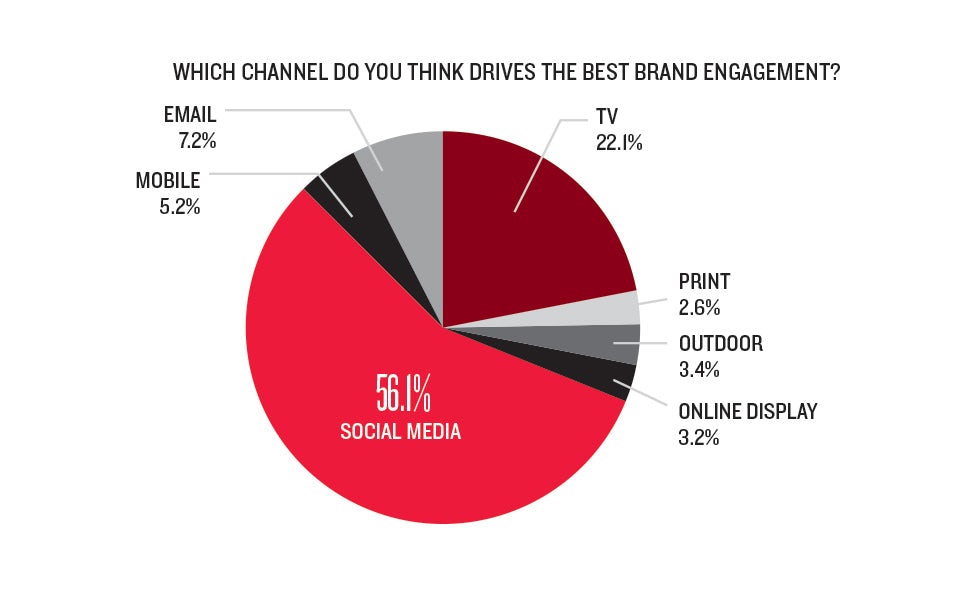
Go-to Market strategies are the tactical plans companies use to launch their products. These plans include buyer personas and a pricing model as well as a marketing plan.
It is important to know who your product targets, how it addresses a market need and what sets it apart from the competition. These details will help you create messaging that will explain to customers the value of your product and why they should care.
You'll also need to understand the current market size and the way it consumes similar solutions. This will enable you to decide the best time for your product launch and help avoid an oversaturated, overcrowded market.

Next, you'll need to identify your competitors and the strengths of their products and services. It is usually done by creating a value matrix that compares your product to theirs in terms of price, features and business case.
A well-thought out GTM strategy can make the difference between a successful launch and a failure. No matter if you're launching an entirely new business or a brand-new physical product, having a well-thought-out GTM strategy can make the difference between a successful launch and a failure.
One of the most common go-to-market strategies is a product-led approach, which typically targets users before converting them to paying customers. The most common way to do this is by offering a limited number of features for free, then increasing the price as you gain more users.
Another popular type of go-to-market strategy is a sales-led approach, which involves a team of salespeople and a closed-loop system for customer engagement and renewals. This strategy is often used for new products and services that are disruptive, or when the buying process involves several stakeholders.

A comprehensive strategy for going to market allows businesses to target the right customers and provide the value that they are looking for. This is because it integrates marketing and sales, and aligns the key departments in a single plan for growth. While this is a complex, time-consuming task, it's essential for companies that want to build brand loyalty and grow their bottom line. It's the key to delivering a sustainable, long-term success for your business and your customers.
FAQ
Is Content Marketing Strategy right?
If you already know the message you are trying to convey, then a Content Marketing Strategy may be right for you.
But if you're unsure where to start, here are some questions to ask:
Does my business need to communicate something specific? Or am I looking to create content that resonates across a range of audiences?
Is it better to generate leads or convert visitors into buyers?
What product am I trying to promote?
Am I interested in reaching people outside of my industry?
A Content Marketing strategy is what you need if you answered "yes" any of these questions.
What is the average time it takes to start content marketing?
It all depends on your business size. It is more difficult for smaller businesses to invest in content marketing right away. It can be a great investment if you are willing to invest some time.
Do I need an agent to do Content Marketing
No! It is possible to create high-quality content online with a variety of tools. Plus, agencies tend to charge a premium price for their services.
What is the value of content marketing?
Content marketing is an integral part of any online business strategy. It is also an extremely effective way of promoting your brand. Content marketing isn't just for customers. It makes your brand stand out from others.
Content marketing is all about creating valuable information that people want to consume. Successful companies use content marketing to engage their target audience.
Statistics
- Progress indicators (0–100%) allow each team member to see how attainable each goal is and understand what remains to be accomplished. (semrush.com)
- Forty-seven percent of buyers view 3 to 5 pieces of content before engaging with a sales representative. (mailchimp.com)
- According to our research, brand awareness, attracting traffic, and generating leads remain the key content marketing goals in 2022. (semrush.com)
- To further show the importance of this, 89% of people have stopped doing business with a company because of a poor experience. (neilpatel.com)
- In fact, would pay more for a better customer experience, and 86% of B2B buyers would pay more. (neilpatel.com)
- According to our research, 65% of companies with very successful content marketing in 2021 ran content audits at least twice a year. (semrush.com)
- This marketing strategy landed Ford a 15.4% conversion rate. (neilpatel.com)
- Companies that use content marketing see approximately 30% higher growth rates than businesses not using it. (mailchimp.com)
External Links
How To
How to make a video for content-marketing?
Content Marketing Videos are one of the most effective ways to communicate your message to your audience. By sharing stories that matter to them, they help you connect with your target market. But how do you make them stand out from the rest? Here are some ideas to help you create videos that stand out!
-
It is important to remember that no video can be made to suit everyone. You can't make everyone watch your video if what you're trying say isn't relevant to them.
-
You shouldn't pick the cheapest option when selecting a platform. YouTube, Vimeo and Instagram are just a few of the many platforms that are available. Each platform offers its own benefits and features. You could save money, increase engagement, and make your business more profitable.
-
When filming, don't forget subtitles! It will help you understand your language barriers better and make your videos more accessible.
-
Lastly, be sure to ask yourself the following questions before you begin: Who am I talking about? Why am I making this video? And what does my video mean to me? You'll be able to create videos much more easily once you answer these questions.